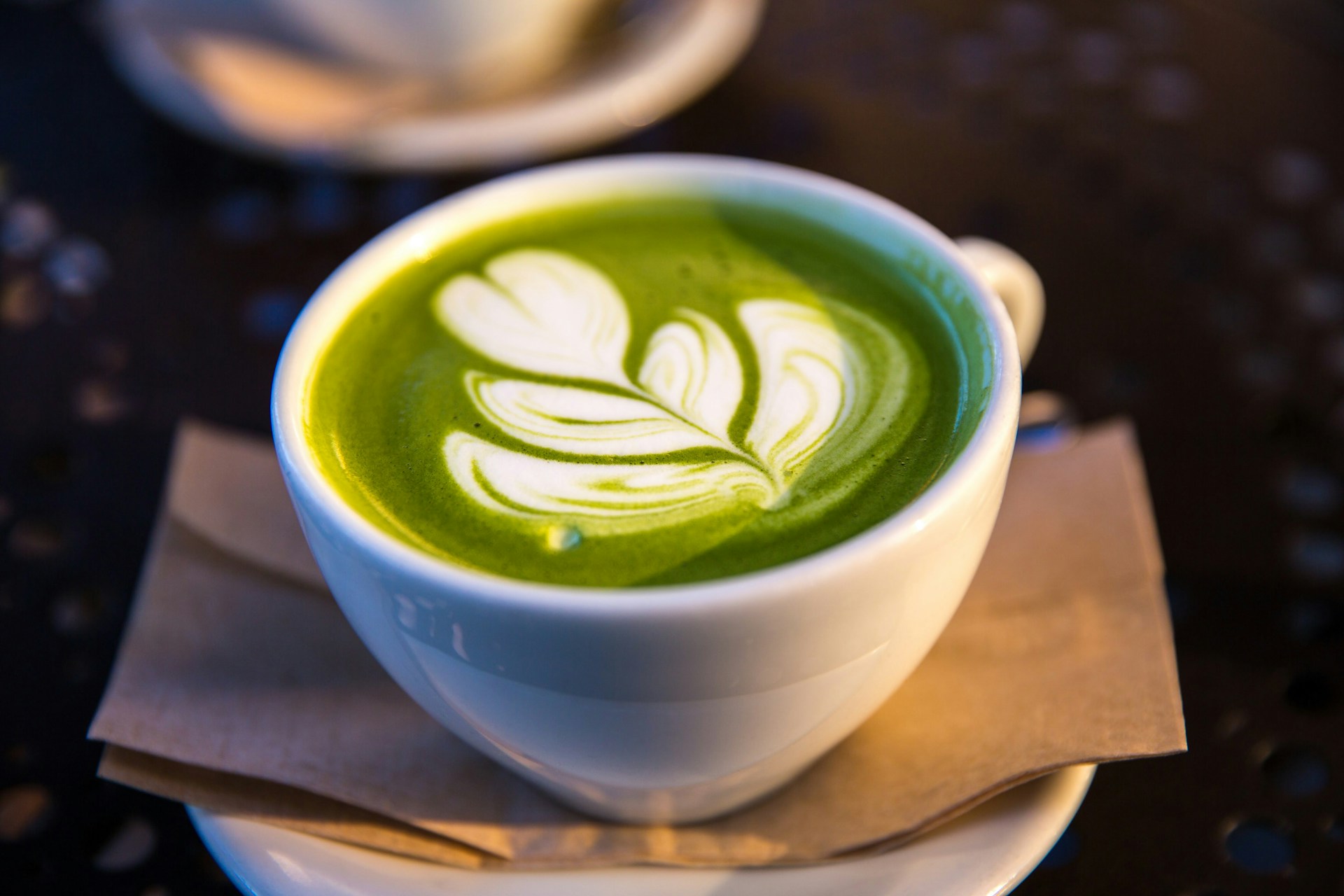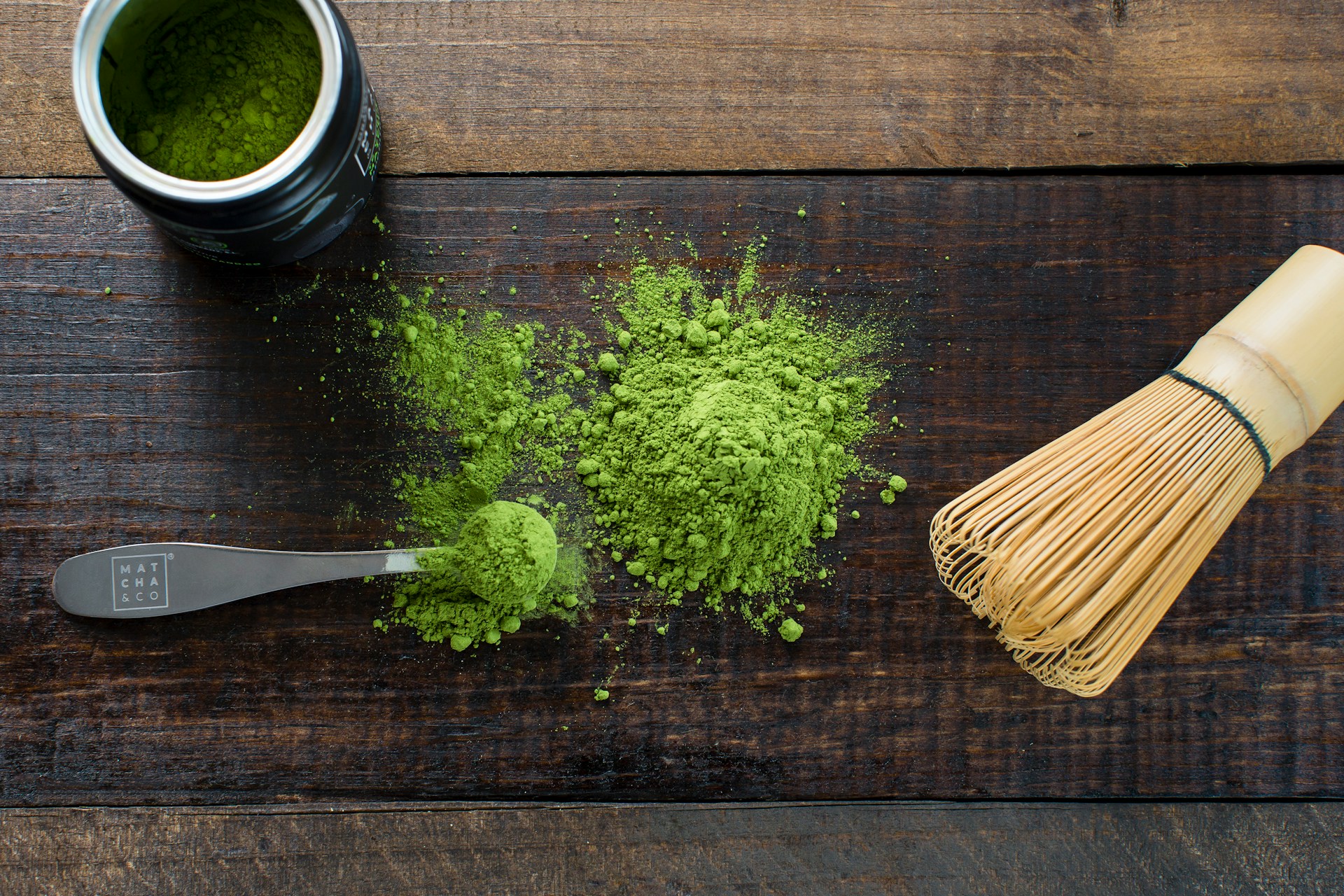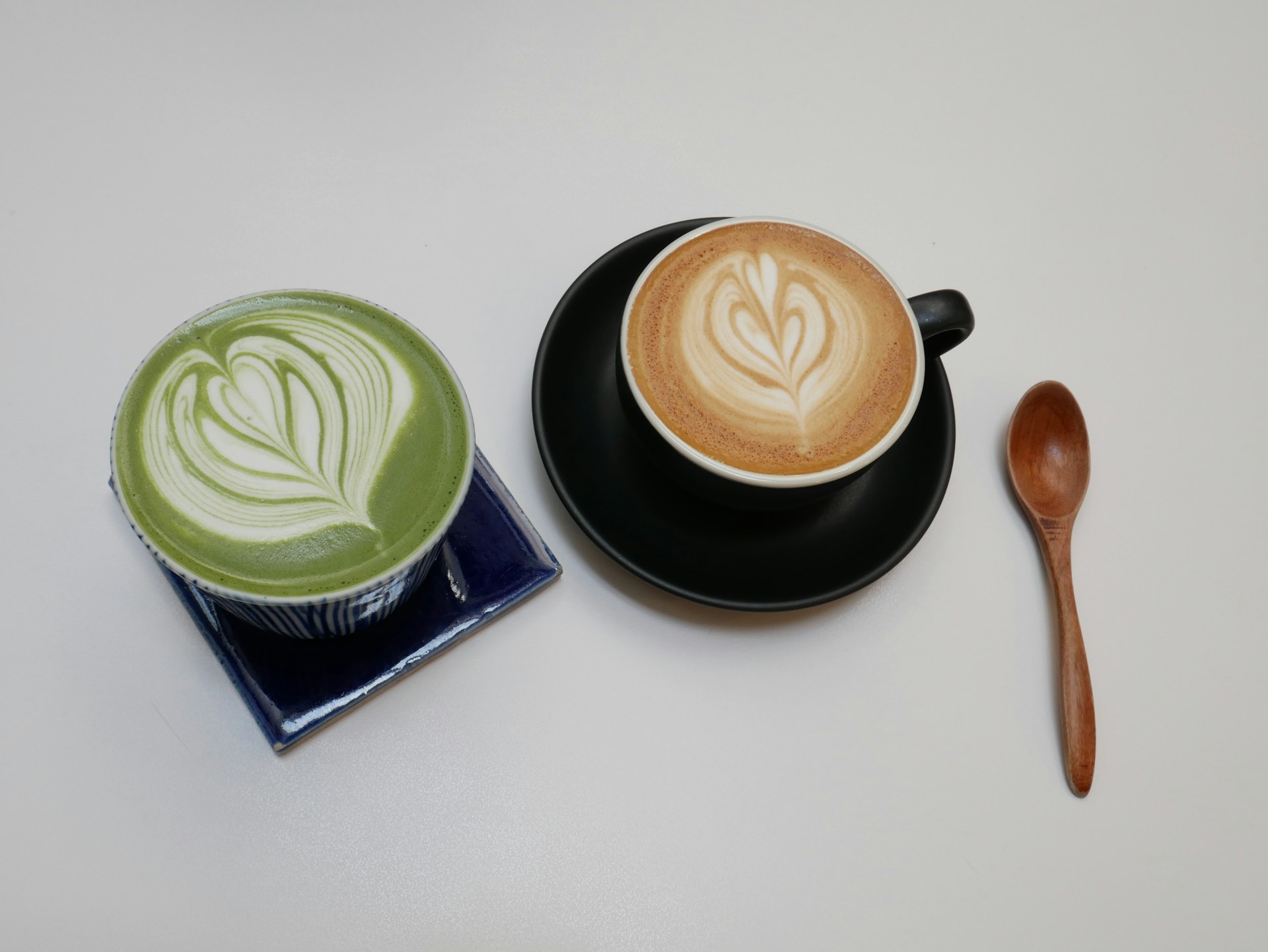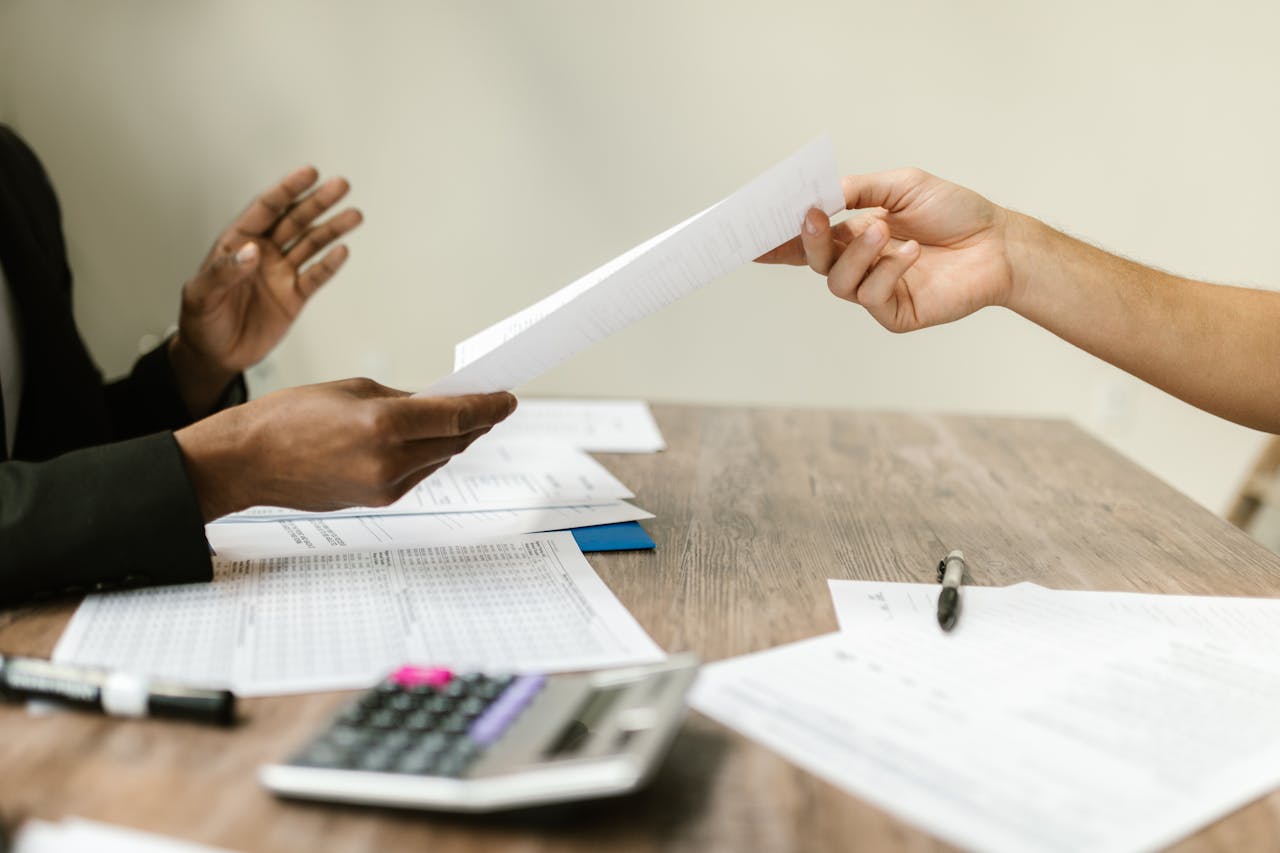Coffee has long been the drink of choice for those that need a morning pick-me-up, but matcha is becoming an increasingly popular beverage for people seeking an alternative caffeine kick.
Many coffee franchises now offer a more varied menu, introducing customers to a wide world of coffee and tea – so whether you’re on the side of coffee, matcha, or somewhere in the middle, there’s likely plenty to choose from at your local coffee shop.
What is Matcha?
While we’ve touched on the benefits and properties of coffee plenty of times, we’ve yet to delve into just what makes matcha so special. Matcha is made from powdered green tea leaves. This means that rather than steeping dry tea leaves in water as you normally would, when making matcha, you whisk the powder directly in the water, so you consume the entirety of the leaves rather than just an infusion in water.
During the growing period, the leaves are covered with shades. This is what makes matcha so green, as it increases the amount of chlorophyll in them.
Matcha has quite a fresh, earthy taste. Because of its unique flavour, it is often used as an ingredient in cakes, biscuits and other snacks. As a tea, it can be enjoyed with milk or just hot water.
But just how does drinking matcha differ from drinking coffee?
- Caffeine in Matcha Vs Coffee
- Differences Between Matcha & Coffee
- Benefits of Matcha
- Benefits of Coffee
How Much Caffeine is in Matcha?
Matcha might be considered a coffee alternative in terms of providing a caffeine boost, but how does it compare to the real thing?
Caffeine Content in an Average Cup of Matcha
Matcha has a higher caffeine content than most other green teas, containing around 19-44mg of caffeine per gram of matcha powder. A typical serving made with 2 grams of matcha powder would therefore contain 38-88mg of caffeine.
Exactly how much caffeine a cup of matcha tea contains can depend on several factors, such as the quality and freshness of the leaves, the amount of powder used and the water temperature.
How Much Caffeine is in Coffee?
Coffee beans contain around 10-12mg of caffeine per gram, so, gram for gram, matcha contains more caffeine than coffee beans. However, because of the different serving sizes, the average cup of coffee tends to have more caffeine than the average cup of matcha.
A typical cup of coffee will contain around 7-10 grams of ground coffee, so the average cup of coffee provides around 95mg of caffeine. Again, the exact amount of caffeine will heavily depend on the type of drink and how it’s prepared.
Does Coffee or Matcha Contain More Caffeine?
In general, coffee contains more caffeine than matcha.
However, exact amounts can vary between drinks and will rely on the quality and characteristics of the respective ingredients as well as the preparation method.
The way the caffeine is released in the body can also differ between drinking coffee versus drinking matcha, providing a different experience.
Other Differences Between Matcha & Coffee
Aside from the caffeine content, there are a few other key differences that might influence your decision about whether to make the switch from matcha for coffee, or even just incorporate more of it into your diet.
Taste: Matcha has a relatively mild, earthy taste, whereas coffee typically has a stronger flavour with varying blends of bitterness, acidity and richness.
Energy: Matcha contains L-theanine as well as caffeine, providing a slower release of energy and a calmer sense of alertness. The caffeine in coffee can provide a powerful, immediate energy boost that may cause jitters and anxiety if consumed to excess.
Antioxidants: Both contain various antioxidants which can help support good health, although matcha contains significantly more than coffee, notably EGCG, which may help reduce inflammation, aid weight loss and support numerous health conditions.
Preparation: Coffee can be brewed in all kinds of ways for different effects, but matcha is primarily prepared simply by whisking it into hot water.
Cost: Coffee tends to be quite a bit cheaper than matcha, especially premium-grade green tea powders.
Availability: While matcha is becoming more popular in the UK, you’re still far more likely to be able to get your hands on coffee from stores and cafes.
Drinking Coffee Vs Matcha
While coffee comes out on top as being more caffeinated, there are some other factors that may influence your decision on which is best for you. Both drinks are known for giving you a bit of a boost, but they do so in slightly different ways.
Coffee provides an instant kick – thus making it a great drink to combat morning sleepiness. The caffeine in coffee enters the bloodstream very quickly, which gives you an energy boost and makes you feel more alert. However, as this process is so quick, many coffee drinkers experience a bit of a crash after the initial spike.
On the other hand, the caffeine in matcha is absorbed more slowly by the body, allowing for a longer period where you may feel more alert and refreshed. While this slower release may not wake you up as quickly first thing in the morning, this also means you won't experience that caffeine crash later on that you might with coffee.
Ultimately, matcha can provide a steadier stream of energy, whereas coffee provides a more powerful initial hit. Which is best for you will likely depend on your daily routine – there is also taste and general preference to consider too!
The Benefits of Matcha
Aside from the longer-lasting energy boost, drinking matcha can offer a whole host of other benefits.
Matcha tea is rich in antioxidants, which can be linked to the promotion of general health, weight management and boosting immunity.
It’s also very easy to make a great cup of matcha. While you might have to rely on your local barista for a top-tier coffee, making matcha just requires a spoon of matcha powder, a whisk and hot water.
The Benefits of Coffee
While matcha might be sounding pretty good right now, coffee comes with its own set of benefits.
There is some evidence that drinking coffee can help boost brain performance, manage weight and lower the risk of type 2 diabetes. Like matcha, coffee also contains a large number of antioxidants, further supporting general health.
Compared to matcha, coffee is typically much cheaper and easier to get a hold of. Not every cafe or coffee shop will serve a matcha latte, but they’ll certainly have a coffee or two on the menu!
So, if you’re looking for something a little different to your usual brew, matcha might just be the answer. However, if it’s an instant caffeine hit you’re after, stick with the coffee!
Whatever your drink of choice, why not find out where your local Esquires store is to sit back and relax with a cup of something delicious?












